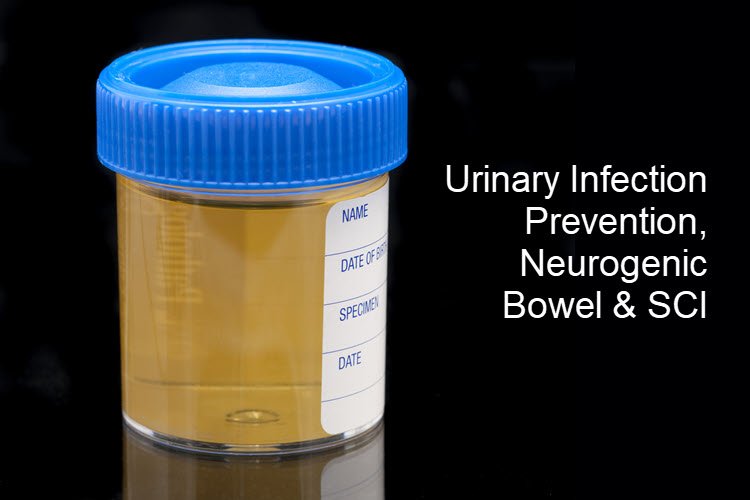Curated Content
Published at ENEMEEZ
According to an article published by the National Center for Biotechnology Information (NCBI), many people with spinal cord injury (SCI) face problems with urinary stasis due to neurogenic bladder. Neurogenic bladder refers to any changes in bladder function due to spinal cord injury. Depending on the level of damage, two general kinds of bladder dysfunction may occur.
Hyperreflexic Bladder
This condition results in a bladder that tends to hold less urine than before the SCI. The bladder muscle may spasm and contract on its own. People with this condition may have frequent small urinations or be unable to empty. The bladder may not empty with each contraction. This type of bladder is common with SCI above the sacral level.
Areflexic Bladder
A flaccid or areflexic bladder is from a Lower Motor Neuron (LMN) spinal cord injury below T12.
The partial or total loss of communication from the brain limits the ability to feel bladder fullness. The bladder muscle cannot contract to empty the bladder causing it to overfill (urinary retention). If the bladder retains urine, the urine can be forced back up the ureters to the kidneys (called reflux). A backup of urine may lead to kidney damage.
Bladder dysfunction post-SCI ranges from an annoyance to an issue compromising independence, overall health, and quality of life. It’s essential to be informed about bladder function and the signs and symptoms of a UTI to take preventative measures as needed.
Eating a balanced, nutritious diet and consistently exercising are essential to maintaining a healthy lifestyle. Range of motion exercises is excellent for people with limited mobility. Fitness helps preserve a healthy immune system that, in turn, can help fight off infections.
It is also essential to have both a bladder and bowel care program in place after spinal cord injury. Maintaining adequate hydration, fitness, nutrition, and hygiene are crucial elements of an effective bowel management program.
Read the full post on the blog of ENEMEEZ.
Title: Urinary Infection Prevention, Neurogenic Bowel & SCI

